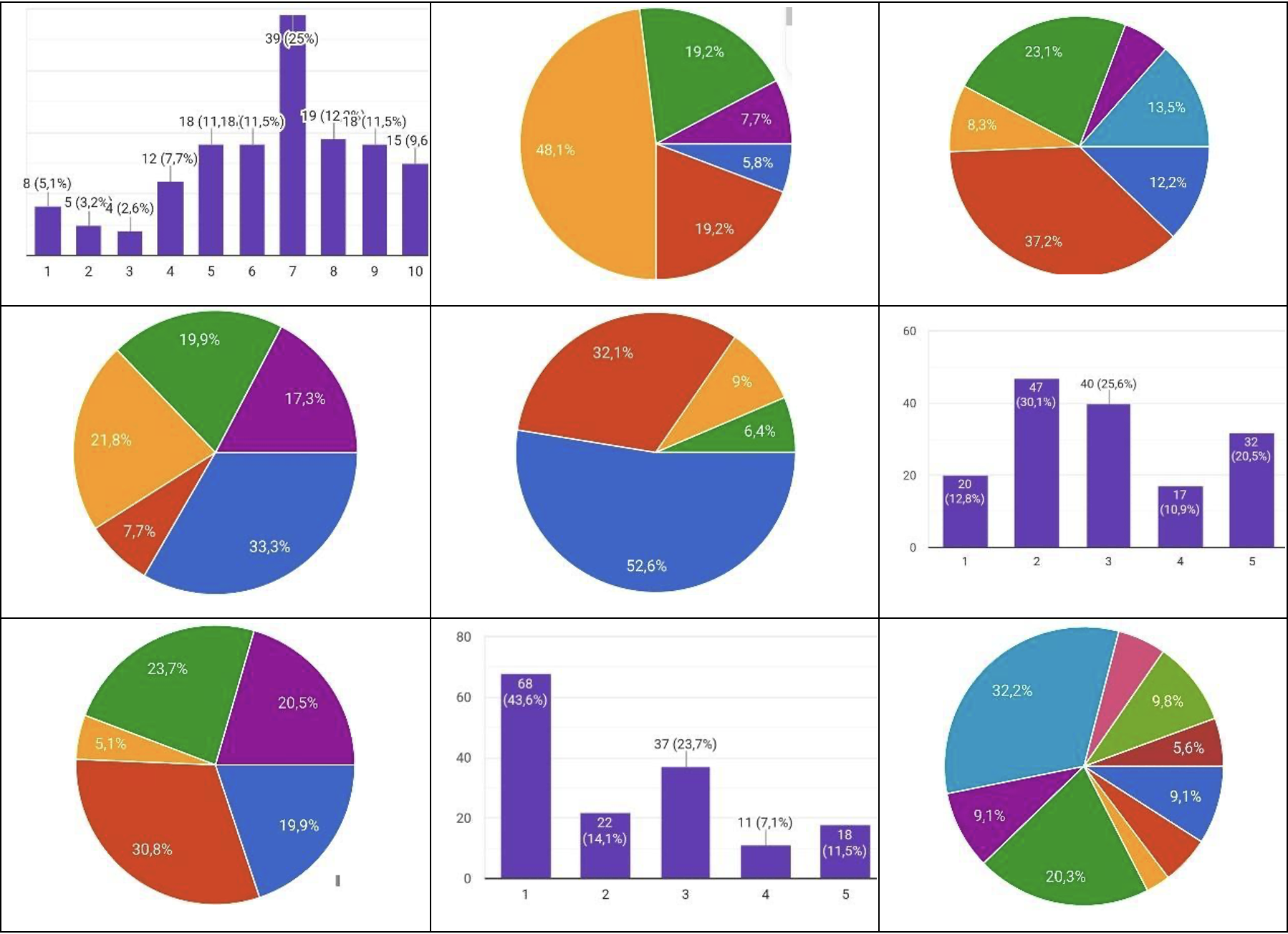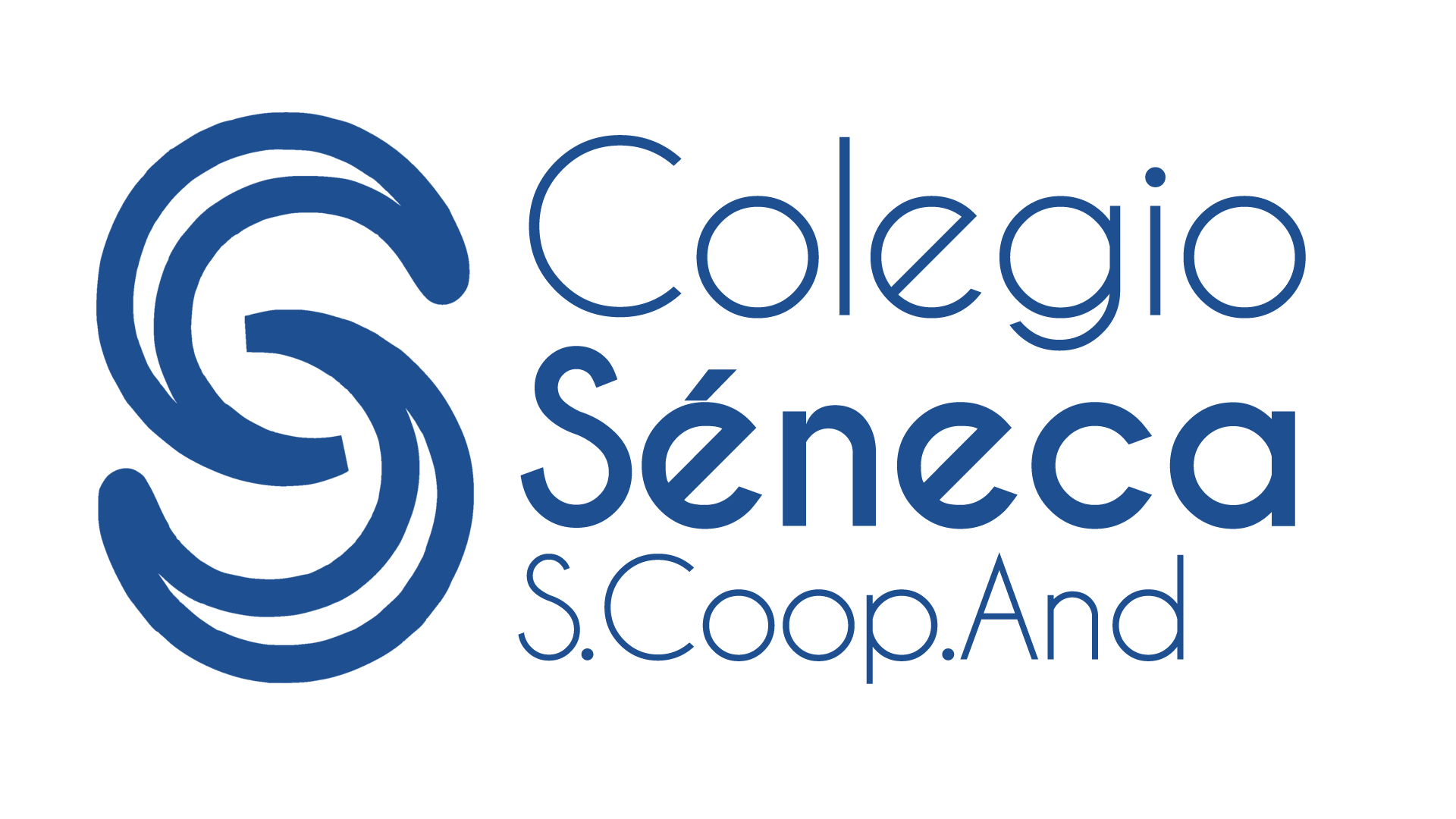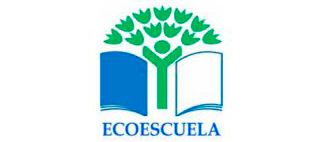Homework is taken as a compulsory part of teaching and learning activities. It is seen as a great way to improve students’ independence, initiative, creativity and individuality. Academic assignments are often a practice of skills, preparation for new learning or an extension of learning (Hoeke, 2017 p. 22). However, students’ opinion on homework has taken...
Students’ voice on homework

Homework is taken as a compulsory part of teaching and learning activities. It is seen as a great way to improve students’ independence, initiative, creativity and individuality. Academic assignments are often a practice of skills, preparation for new learning or an extension of learning (Hoeke, 2017 p. 22). However, students’ opinion on homework has taken as a debatable issue in the contemporary world. They consider that sometimes homework is useful and sometimes useless or that it doesn’t contribute significantly to their learning. A number of students find the workload overwhelming, leading to stress and a lack of work-life balance and they believe that excessive homework negatively impacts their well-being. They also feel that certain homework assignments lack real-world relevance and they view homework primarily as a means of evaluation rather than a tool for learning.
In recent years, there has been a growing interest in exploring alternative forms of homework or learning activities that are more engaging and interactive. A gamification approach to homework assignments can motivate students in learning and homework accomplishment (Butler B., Bodnar C., 2017). The results of studies showed a positive effect on motivation and completing the assignments. This sense of accomplishment can boost their confidence and motivation to continue learning. Gamification in education can present challenges that require students to think critically, fostering the development of problem-solving skills.

In this context, the 3rd Gymnasium of Larissa implemented a survey to gather the students’ experience and feedback on homework and also their opinion on the introduction of gamified elements in the field of education. 156 students of the three grades participated in this study and according to their responses:
- 18,6% assess their experience on homework between 1-4, 48% between 5-7 and only 33,3% between 8-10 (1=very bad, 10=excellent)
- 67,3% consider homework as an extremely time-consuming activity
- 37,2% consider the content and style of homework assignment as boring, 23,1% complex and only 13,5% interesting and challenging
- 19,9% complete their homework with pleasure, 21,8% without complaint and 33,3% without interest (only because they have to do it)
- 30,8% find the issues of their homework interesting, 23,7% difficult and 19,9% complex
- 75,6% complete their homework activities without any help/by themselves
- 52,6% believe that the homework diminishes their free time and 32,1% that it causes them stress
- 68,5% rarely or rather sometimes use an electronic device to do their homework
- 81,4% support that homework with game-based elements would be more interesting than a traditional one
- Lastly, regarding their individual preferences and interests on game development activities (in terms of what they are studying), 32,2% vote for quizzes, 20,3% vote for digital games and educational software, 9,1% vote for crosswords and 9,1% vote for mystery histories.
Harmer (2008) recommended that educators should pay particular attention to the students’ voices about academic assignments and find techniques to make homework interesting and meaningful to them. The Erasmus+ project EduGraal has been working on the development and implementation of new ideas, methods and technologies which could enhance the learning experience and improve educational outcomes, emphasising gamification. The gamified adventures on several subjects in combination with the e-learning module and the pedagogical toolbox produced in the context of EduGraal project, focus on promoting the professional development of teachers and training them to adapt innovative educational approaches to prepare students for the challenges they will face in the future. Our participation in this project could ensure that we would set homework tasks relevant to the students’ interests and educational needs, provide the right amount of homework divided in workable units and integrate mechanisms of gamification in the assigned homework sheets.
Games and play-based learning were well known didactic ideas in ancient Greece and during the Roman Empire. Greek philosophers, like Aristotle and Plato, considered play to be necessary for education, as they saw it as a first step on a ladder towards true knowledge. Especially, Plato in Laws (643B-C) glorifies the value of plays in a child’s education and he states: “Do not train a child by force or harshness; but direct them to it by what amuses their minds, so that you may be better able to discover with accuracy the peculiar bent of the genius of each.”
Bibliography
- Brittany Lynn Butler, Dr. Cheryl A. Bodnar (2017). Establishing the Impact that Gamified Homework Portals Can Have on Students’ Academic Motivation. Retrieved from
file:///C:/Users/fenia/Downloads/establishing-the-impact-that-gamified-homework-portals-can-have-on-students-academic-motivation.pdf
- Harmer, J. (2008). How to Teach English. UK: Longman. Retrieved fromhttps://www.academia.edu/29550207/How_to_Teach_English_2nd_Edition_Jeremy_Harmer
- Hellerstedt Andreas, Mozelius Peter (2019). Game-based learning – a long history. Retrieved fromhttps://www.researchgate.net/publication/336460471_Game-based_learning_-_a_long_history
- Hoeke.C.E. (2017). Homework Practices: Teacher and parent perceptions of efficacy and purpose. M.ed thesis. East Tennessee State University. Retrieved from https://dc.etsu.edu/cgi/viewcontent.cgi?article=4725&context=etd
- Plato Quote. Retrieved fromhttps://www.reddit.com/r/QuotesPorn/comments/lcxwt3/plato_do_not_train_a_child_to_learn_by_force_or/
Creator of the questionnaire: Ioanna Theodoropoulou
Writer of the article: Foteini Koniari



